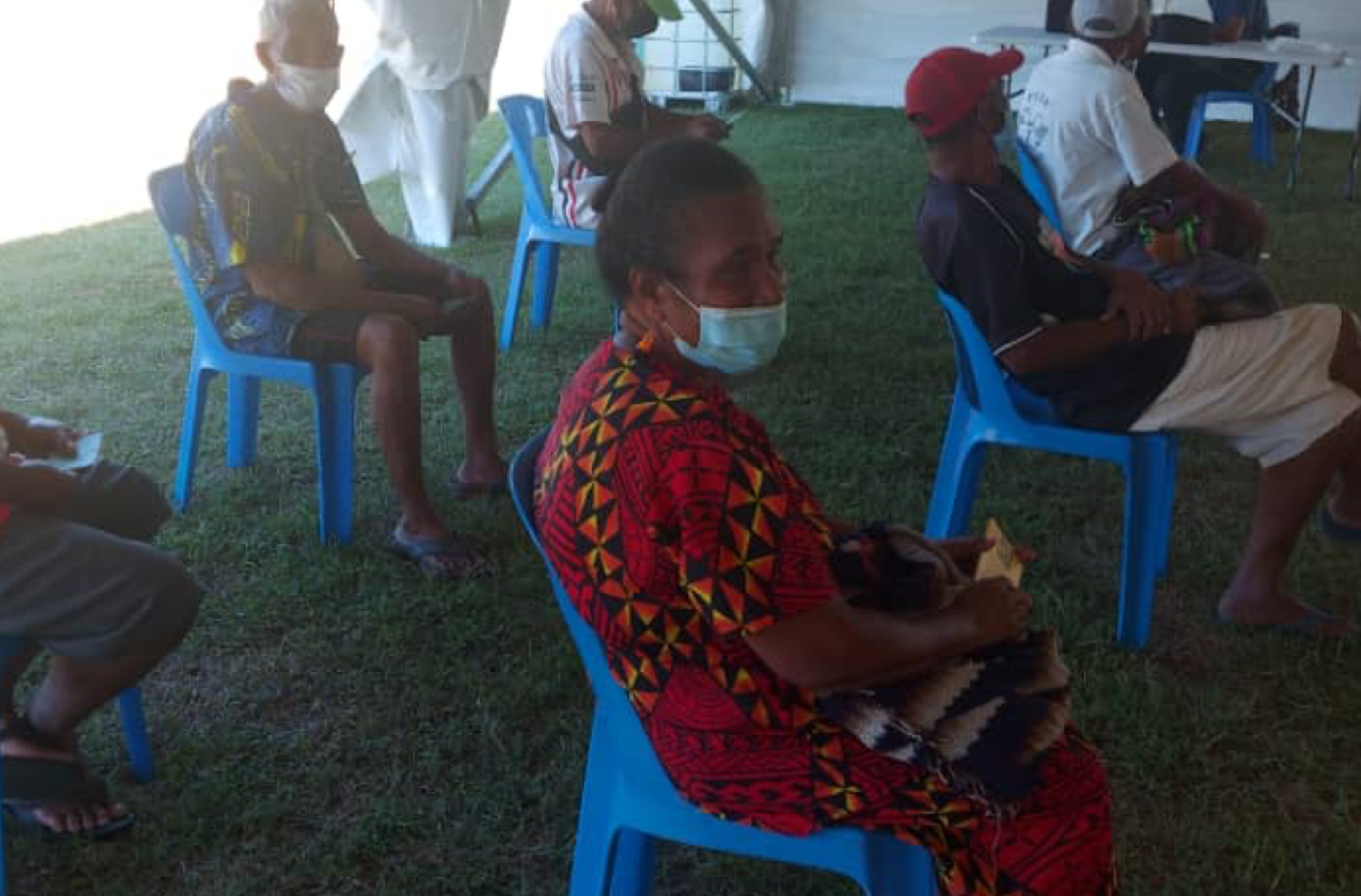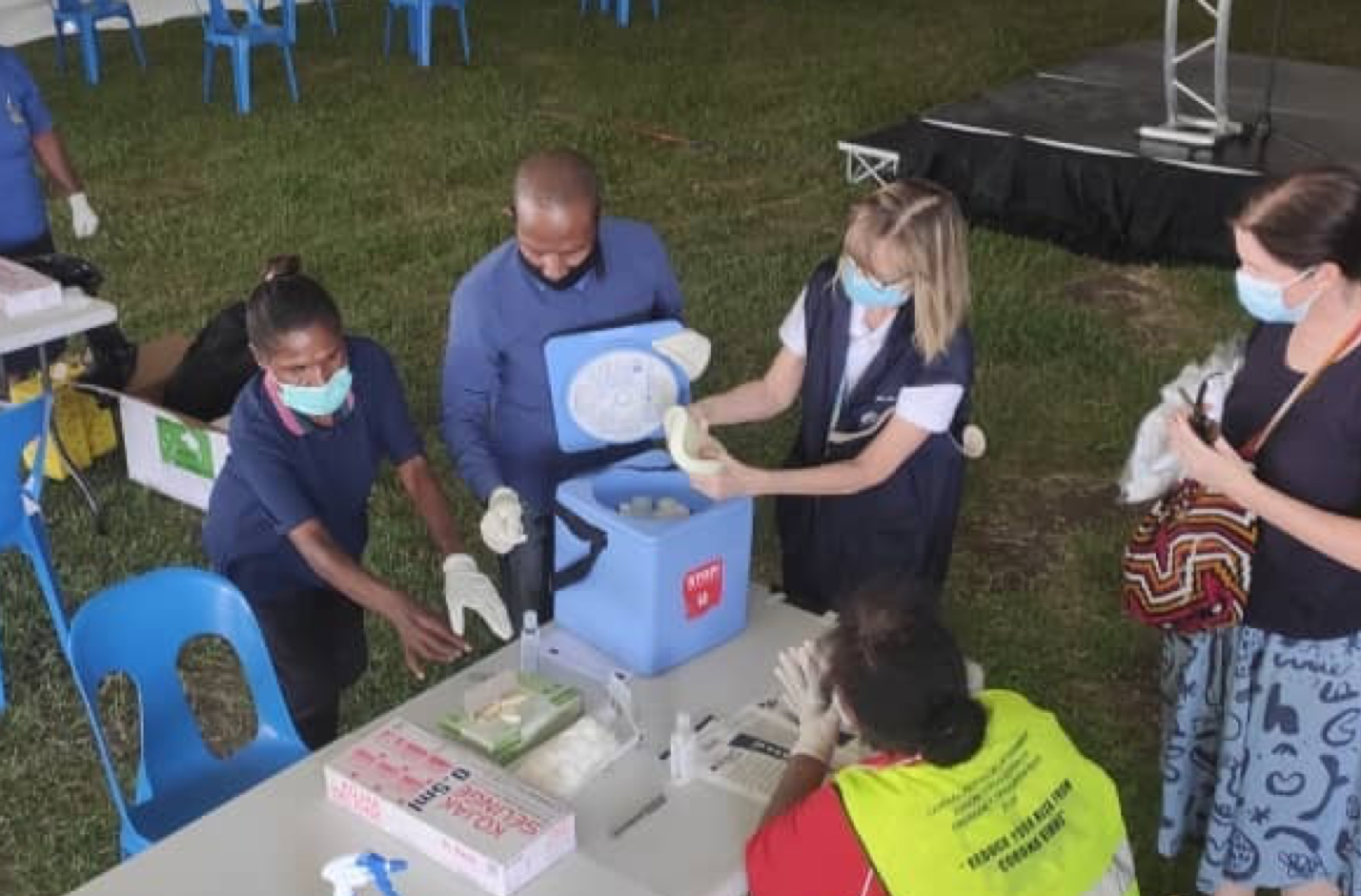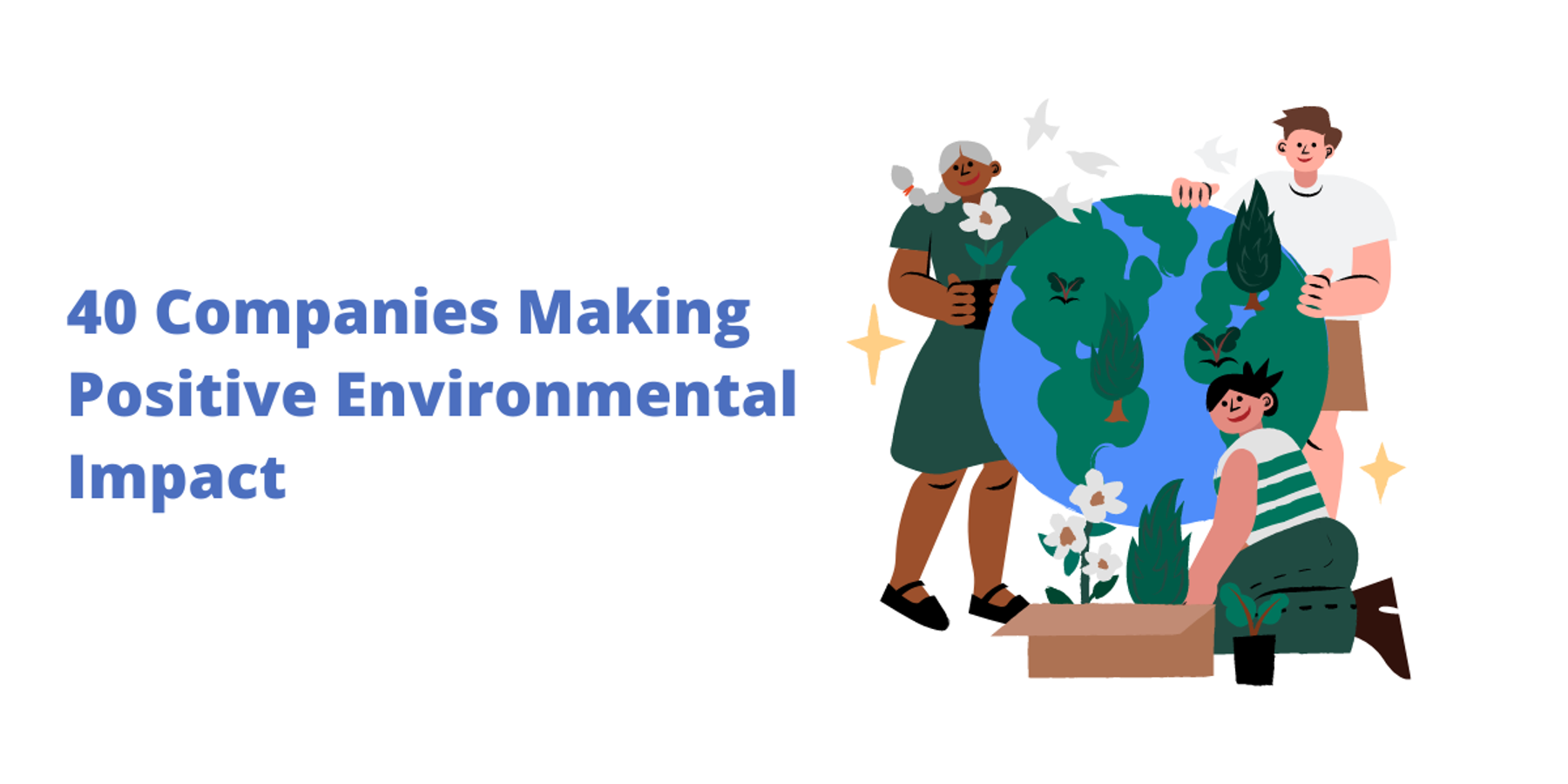Below is an article originally written by Ed Backhouse, and published on July 13, 2021. Go to Skedulo's company page on PowerToFly to see their open positions and learn more.
Not many people know this about me, but as a kid I spent a couple of years of my schooling growing up on an island in Papua New Guinea. My father worked for the Australian government and we were sent for 2 years as part of a government support program to aid the local government of New Ireland Province.
It was a great experience, and I've always held a place in my heart for what I know is a beautiful country with lovely people and culture (and I still retain those handy skills to climb a coconut tree quickly!).
So when the opportunity came up to help the people of Papua New Guinea within my role at Skedulo, I was thrilled to be involved.
Our work supporting countries, states and territories across the globe with COVID-19 vaccination scheduling has been well publicised. But it's our work supporting developing countries which is not as well known, and it's really touching the hearts of Skedulo staff.
Recently, we conducted a fully functioning trial of our vaccine scheduling software in Papua New Guinea in Edai Town, a little township near Port Moresby.
In just 5 days, we:
- configured the vaccine booking system
- deployed the software in their local environment
- added relevant data
- setup the language with base translation (later updated to include Pidgin)
- onboarded and trained locals in Port Moresby on how to use it
Since then, 800 people in Papua New Guinea have used Skedulo to book in for their vaccination. This includes choosing an appointment time, receiving a confirmation, and attending their appointment to receive their dose.


Vaccine scheduling in regions with no connectivity
It may be difficult for people in the West to imagine, but in developing countries some people don't even know their date of birth – let alone have a mobile phone, email, or health record.
This means any vaccination initiative must be creative in how eligibility is determined and bookings are made, and sometimes data needs to be collected on paper and uploaded after the fact into a database for reporting/tracking.
We had already considered this factor when deploying our vaccination scheduling software in Australia, New Zealand and North America, where we needed to ensure it was able to support people who are less fortunate (including homeless people) and may not have access to the same resources as others. It also needed to have multilingual capability, so people of all backgrounds could understand and use it.
In addition, we had to consider the potential for limited connectivity in rural areas, which is an issue healthcare staff face in many developing countries.
This is why Skedulo has been configured to make it easy for field staff to enter a person's information into a database while offline, and then have it sync with Salesforce later on.
Field staff are empowered to educate people, confirm eligibility, and book in vaccine appointments no matter where they are or who they are speaking to – without the need for extra information such as an email or mobile number.
A project that's close to our heart
The vaccination scheduling trial in Papua New Guinea has been hugely successful; helping people who may never have been able to get the vaccine book in their appointments.
As a project completed at-cost (i.e.: no profit to us), we believe this is one way to give back to developing countries that may need a hand up to get through the pandemic crisis.
Through our Skedulo Heart initiative, we are actively seeking avenues to deploy our high capacity scheduling solution in ways that make life easier for individuals, communities and countries. This extends beyond vaccination scheduling to include the deployment of community or government services, disaster relief initiatives, and more.
These projects also align with our value of Caring first. We care for each other, and we care for our global environment and community – including frontline workers who, despite the threat of COVID, are still operating in the field every day and need all the support they can get.
We're also grateful to be part of a generous community where companies such as Deloitte and Salesforce, and other public and private sector entities, see things as we do: that we work together to give back to our global community by sharing our skills and technology.
We're in this world together, and we've only got each other. Let's make it count.




